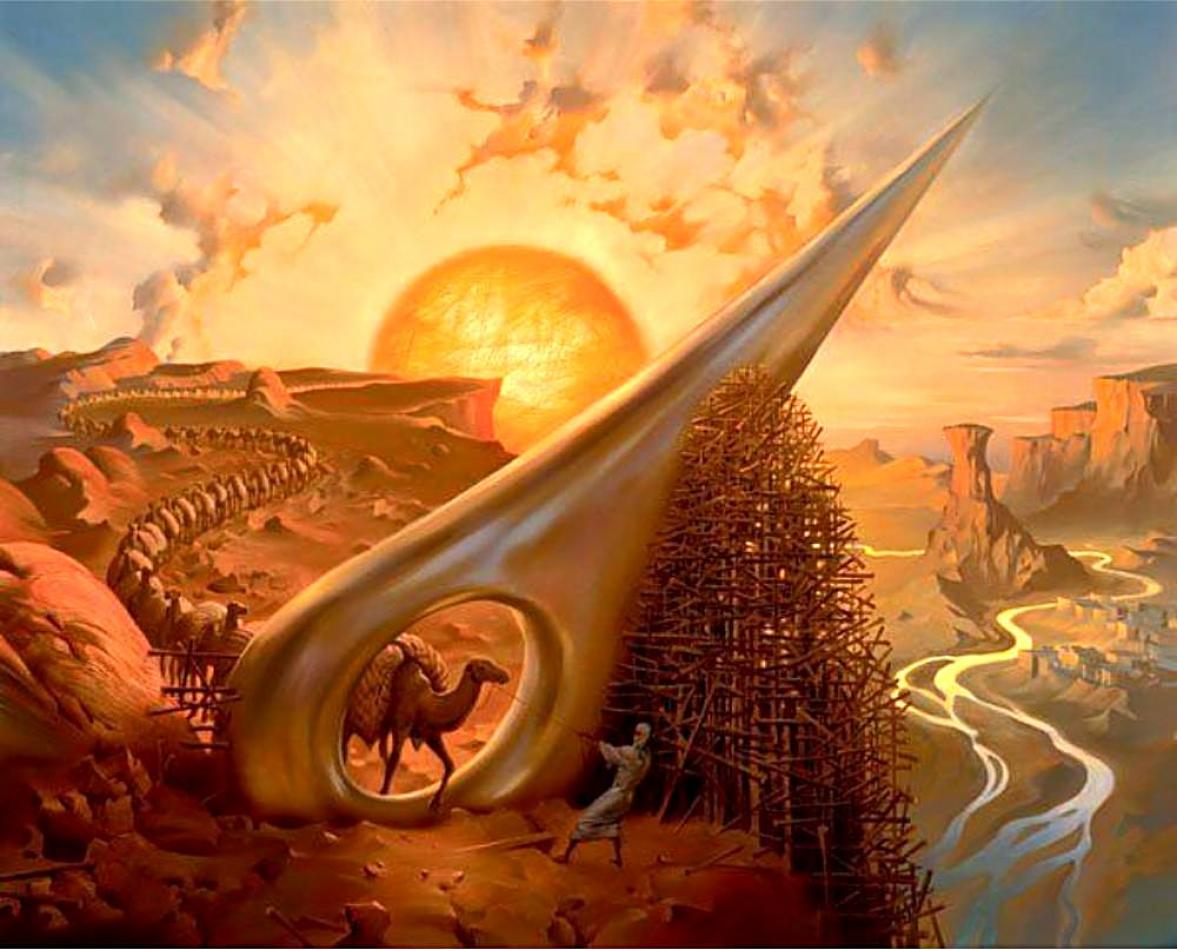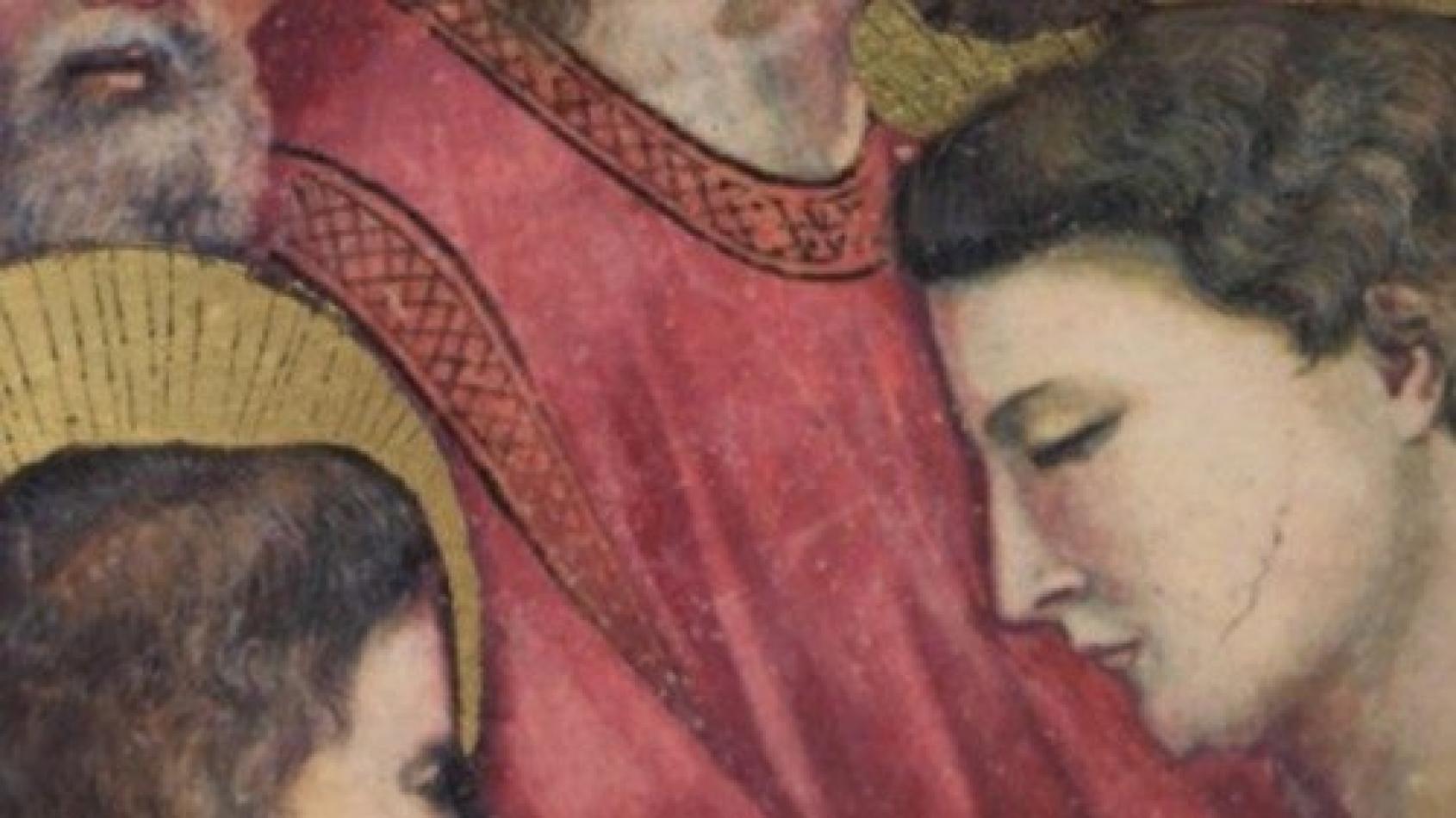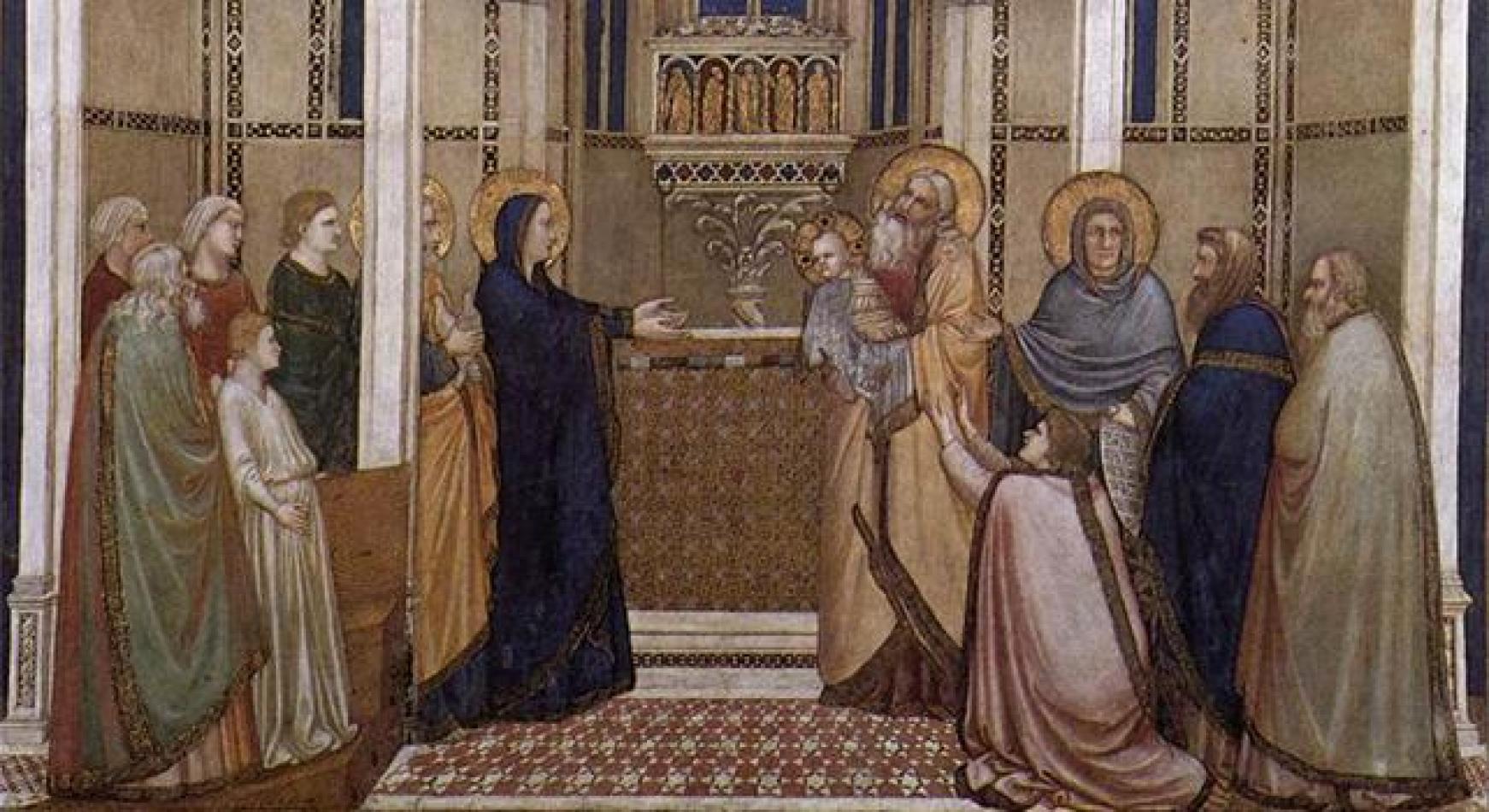Daniel Comboni
Comboni Missionaries
Institutional area
Other links
Newsletter
A preliminary observation is necessary to clarify any possible ambiguities when reading what this Sunday’s Gospel says about wealth. Jesus never condemns wealth or earthly goods in themselves. Among his friends is, also, Joseph of Arimathea, a “rich man”; Zaccheus is declared “saved,” though he kept half his goods for himself which, given his office of tax collector, must have been considerable.
Mark 10: 17-30
How hard it is for those who have wealth to enter the kingdom of God!
Fr. Raniero Cantalamessa
A preliminary observation is necessary to clarify any possible ambiguities when reading what this Sunday’s Gospel says about wealth. Jesus never condemns wealth or earthly goods in themselves. Among his friends is, also, Joseph of Arimathea, a “rich man”; Zaccheus is declared “saved,” though he kept half his goods for himself which, given his office of tax collector, must have been considerable.
What Jesus condemns is exaggerated attachment to money and property; to make one’s life depend on these and to accumulate riches only for oneself (Luke 12:13-21).
The word which God uses for excessive attachment to money is “idolatry” (Colossians 3:5; Ephesians 5:5). Money is not one of many idols; it is the idol par excellence, literally, “molten gods” (Exodus 34:17).
It is the anti-God because it creates a sort of alternative world, it changes the object of the theological virtues. Faith, hope and charity are no longer placed in God, but in money. Effected is a sinister inversion of all values.
“Nothing is impossible for God”, says Scripture, and also: “Everything is possible for the one who believes.” But the world says: “Everything is possible for the one who has money.”
Avarice, in addition to being idolatry, is also the source of unhappiness. The avaricious is an unhappy man. Distrusting everyone, he isolates himself. He has not affection, not even for those of his own flesh, whom he always sees as taking advantage and who, in turn, really nourish only one desire in regard to him: That he die soon to inherit his wealth.
Tense to the point of breaking to save money, he denies himself everything in life and so does not enjoy either this world or God, as his self-denial is not for him.
Instead of having security and tranquility, he is an eternal hostage of his money. However, Jesus does not leave any one without the hope of salvation, including the rich man. The question is not “whether the rich man is saved” (this has never been in discussion in Christian tradition), but “What rich man is saved?”
Jesus points out to the rich a way out of their dangerous situation: “Lay up for yourselves treasures in heaven, where neither moth nor rust consumes” (Matthew 6:20); “make friends for yourselves by means of unrighteous mammon, so that when it fails they may receive you into the eternal habitations” (Luke 16:9).
It might be said that Jesus was advising the rich to transfer their capital abroad! But not to Switzerland — to heaven! Many, says St. Augustine, exert themselves to put their money under earth, depriving themselves of the pleasure of seeing it, at times all their life, just to be sure it is safe.
Why not put it no less than in heaven, where it would be much safer, and where it will be found again one day forever? And how to do this? It is simple, continues St. Augustine: God offers you the carriers in the poor. They are going there where you hope to go one day. God’s need is here, in the poor, and he will give it back to you when you go there.
However, it is clear that today almsgiving and charity is no longer the only way to use wealth for the common good, or perhaps the most advisable.
There is also honesty in paying one’s taxes, to create new jobs, to give a more generous salary to workers when the situation allows it, to initiate local enterprises in developing countries.
In sum, when one makes money yield, makes it flow, they are channels for the water to circulate, not artificial lakes that keep it for themselves.
[Translation by ZENIT]





